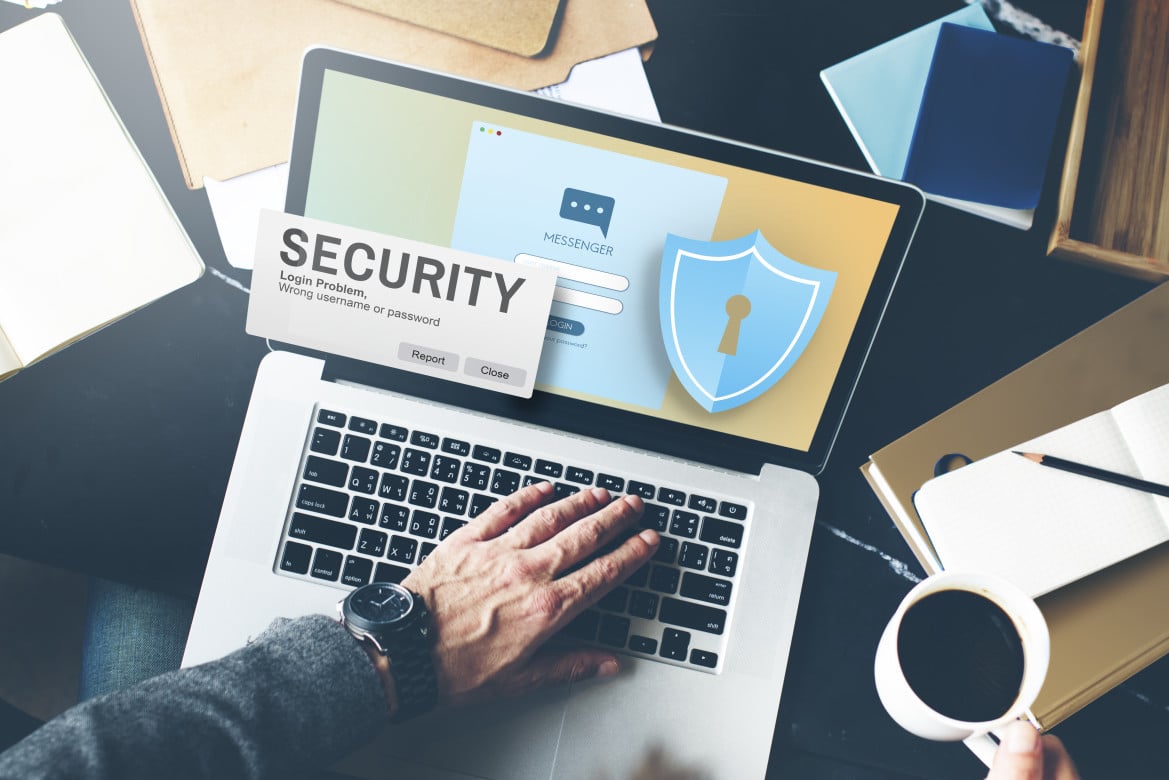In the old days, the best way to protect yourself was to keep your social security card in your safety deposit box. The greatest danger of theft was from intruders, and the best way to keep out of danger was double door locks.
These days though, danger and theft come in much different packages. With the rise of the digital document age and the end of paper documents as a form of identification, the danger for consumers has increased to a whole new level.
New identity criminals never break into your house to steal from you. They don’t need to. Instead, they stay behind closed doors and steal from you with digital resources, as the recent Equifax hack has made clear. These new criminals have become increasingly resourceful, creating new ways to find access to personal identity and using that information to steal large sums from unsuspecting victims.
IMAGE: PEXELS
Institutions To Blame
What’s more, those who are supposed to be in charge of protecting identity have been woefully negligent in their duties, choosing rather to protect their own bottom lines, rather than the identity and safety of their customers.
For example, the fact that the very company that is supposed to protect creditor’s digital information was keeping a database of identities on their servers with ‘admin/admin’ as a login and password indicates the level of negligence. Government institutions have similarly left the door open for hackers, as the recent SEC EDGAR filing system breach would indicate. And even more concerning, the information regarding the hack wasn’t disclosed until almost a year after the event.
With dangers mounting and institutions doing little or nothing to protect consumers, the loss potential continues to rise. Consumers are seeking new and better ways to protect their own identities, and a new technology called ‘blockchain’ appears to be the answer.
Bringing Identity Protection Home
[pullquote]Blockchain technology is the new darling of the digital world.[/pullquote] The concept seems complex but is not particularly. Consider a digital database that is decentralized – that is, all inputs on the database are visible to all participants at all times and are therefore immutable once made. This decentralized platform, the basis of cryptocurrencies like Bitcoin, provides a way for digital information to be stored completely securely.
All information on the database can only be accessed through private keys, which are held by the one who has uploaded the information. By giving the private key, the data owner provides access to the information on a case-specific basis. However, the data itself is stored with the user, so the information is not accessible in a centralized database – even the corporation doesn’t have access to the data!
The application for identity protection should be obvious. A decentralized database of this kind provides a completely secure way to store the private information of consumers, and, likewise, puts the control of that information directly into the hands of the consumers. By providing them a private key for access, consumers can carefully choose who has access to their information and can also open and close that access at will.
How To Protect Yourself
The marketplace for this kind of private identity verification system is already exploding, as consumers are seeking new and better ways to protect themselves. [pullquote]For example, companies like SelfKey have already created an identity ecosystem where consumers can grant or deny access to their privately stored identity information.[/pullquote] The SelfKey platform protects user data by putting it back into the exclusive hands of the users, rather than in a database format.
Through a system like this, issues such as KYC/AML (know your customer/anti-money laundering) regulations, and passport verification can all be done with security confidence, but also with simplicity. Its little wonder that a platform of this style has already garnered substantial attention. The company has already released an alpha version and is honing the platform for large-scale release in a few months.
With platforms of this style, the means of opening and closing access must be decentralized as well, and so companies are offering internal digital ‘tokens’ in order to provide access. These tokens are offered through Initial Token Offerings, where buyers can pick up tokens for future use (SelfKey’s token event will begin soon). These tokens remove international financial risk by closing the loop within the platform itself.
All told, the new wave of digital dangers will touch you soon. But while risks abound, new technologies are stepping into the breach to protect consumers. Blockchain technology seems to hold particular promise in this arena.
If you are interested in even more security-related stories and information from us here at Bit Rebels then we have a lot to choose from.


COMMENTS